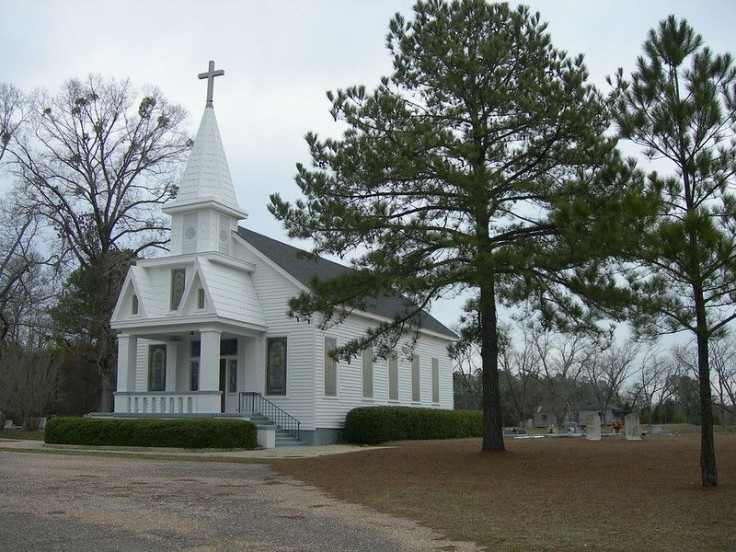LGBT Issues: What The United Methodist Church Will Do To Resolve Schism

KEY POINTS
- The United Methodist Church is to spin off a "traditionalist" church to resolve disagreements over gay marriage and clergy
- The church will provide $25 million to the traditionalist denomination
- Individual congregations will vote on whether to join the new denomination
The United Methodist Church, the third largest denomination in the United States, announced Friday it likely would split to resolve differences over same-sex marriage.
In a document titled, “Protocol of Reconciliation and Grace Through Separation,” the church laid out its reasoning for spinning off a “traditionalist Methodist” denomination, which would continue to oppose gay marriage and clergy.
“The undersigned propose restructuring The United Methodist Church by separation as the best means to resolve our differences, allowing each part of the Church to remain true to its theological understanding, while recognizing the dignity, equality, integrity, and respect of every person,” the agreement reads.
Some $25 million is to be allocated for the new denomination, which likely will include most of the congregations in Africa. A number of U.S. congregations also are expected to break away. Any other new denomination established would receive $2 million.
Attendees will vote on the at the 2020 General Conference of the United Methodist Church, which is scheduled for May. A subsequent conference would repeal bans on gay marriage and LGBT clergy.
“The assumption for everybody involved in this agreement was that the Wesleyan Covenant Association would launch the traditional denomination referenced in the protocol,” Virginia pastor Keith Boyette, president of the association, told Christianity Today. The association includes 1,500 churches with 125,000 members and rejects gay marriage and clergy.
The protocol calls on local congregations to vote on whether to join the traditionalist church, another denomination or disaffiliate entirely. Otherwise they will remain under the wing of the main church. Until the conference is held, no changes will be made to the “Book of Discipline” regarding gay issues, heading off new rules that were scheduled to go into effect that provided increased punishments for pastors performing same-sex weddings. There also will be a moratorium on closing churches.
Mark Tooley, president of the Institute on Religion and Democracy, told Christianity Today the split was inevitable.
“There’s a growing consensus that division is going to happen one way or another, and it’s better for pretty much everyone if it happens by the general conference rather than unfolding chaotically,” Tooley said.
Protestants, which account for 46.5% of Americans who identify their religion, can be divided into three groups: evangelical, mainline Protestant and historically African American churches. Methodists make up 4.6% of the Protestant population, making it the third largest denomination in the United States, research from the Pew Research Center indicated.
Methodists generally are more conservative than other mainline Protestants. The agreement was brokered by mediation expert Kenneth Feinberg, who allocated the compensation fund for victims of the 9/11 attacks.
© Copyright IBTimes 2024. All rights reserved.






















